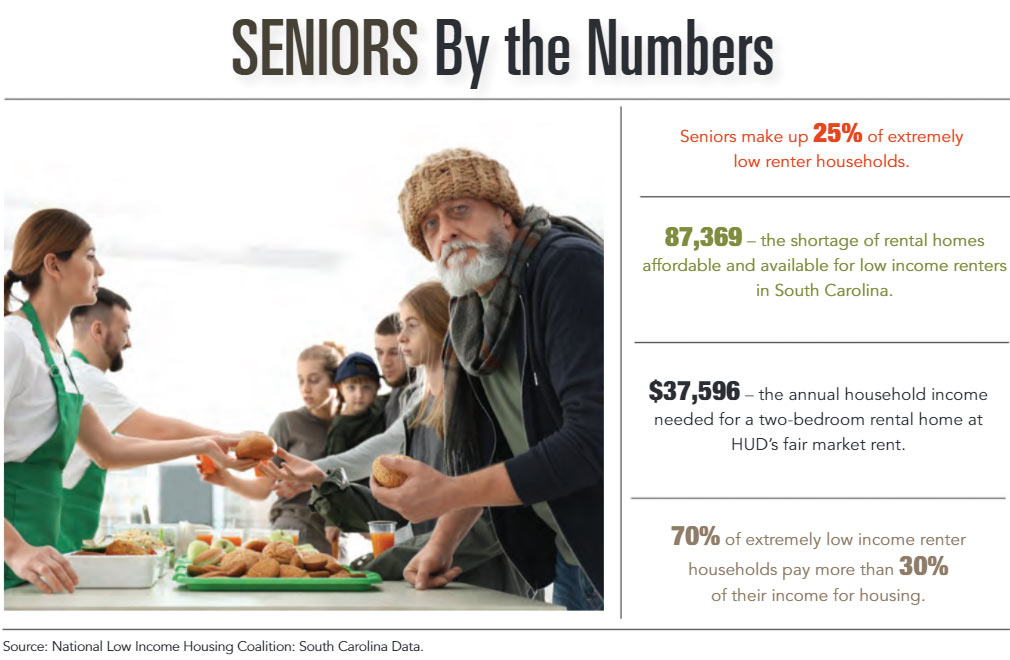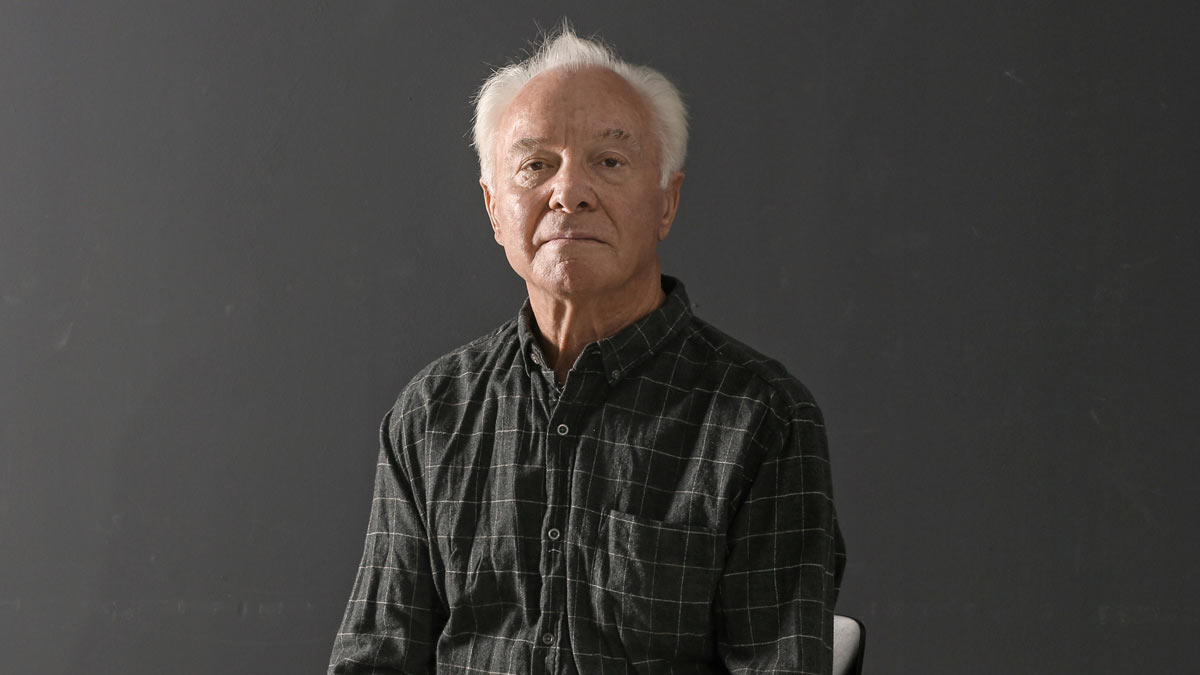The number of older people experiencing homelessness is on the rise. The nightmare scenario can happen somewhat unexpectedly at an age where financial recovery is challenging – extended health problems that jeopardize income and ability to pay the mortgage and other bills, coupled with new medical bills, a financially draining divorce and a global pandemic’s effect on savings and retirement accounts. As comfortable as things may seem, the downward spiral to homelessness becomes an unfortunate reality even for some who had been living comfortably, and those numbers are growing, especially for those over the age of 50. The National Coalition for the Homeless stated in a report that there is a growing consensus that those over 50 years of age should be considered in the “older homeless” category because “their physical health, assaulted by poor nutrition and severe living conditions, may resemble that of a 70-year-old.”
One of the biggest culprits contributing to homelessness is the sharply rising cost of living, while Supplemental Security Income only increases annually by a small percentage.
“In an area like Charleston, in particular, housing costs have exploded with the increased number of people moving to our beautiful city. Seniors are slowly getting pushed out of their homes because they can no longer afford the rent or the taxes,” explained Donna Cook, executive director of Charleston Area Senior Citizens.
CASC owns and operates Ansonborough House, which currently provides supportive services and HUD-subsidized rent to more than 80 seniors – 50 of whom were previously homeless. Cook added that more options for affordable housing for seniors are desperately needed throughout the state.
Brandon Cook, director of the Health Care for Homeless and Medical Respite Care Program at New Horizon Family Health Services in Greenville, agreed that a lack of affordable housing is a major catalyst for seniors to experience homelessness. New Horizon’s HCH program provides access to primary medical care, dental and behavioral health services and prescription medications to more than 2,600 patients experiencing homelessness each year.
He also said that the costs of health care and prescription medications are major contributing factors to the increase of homelessness in the aging population. In turn, homelessness statistically causes a further decline in health.
“Homelessness is a public health crisis, and the data demonstrates that chronic conditions, such as diabetes, hypertension and mental illness, are exacerbated in individuals who experience long periods of homelessness compared to their housed counterparts with similar conditions,” Brandon Cook said. “In an older, more vulnerable population, access to health care and housing is essential to improving health outcomes, extending life span and maintaining quality of life.”
Statistics show that the number of homeless people age 50 to 64 is rapidly increasing. While there are many over 65 years of age who experience homelessness, they often are entitled to more benefits and assistance such as Medicare, Supplemental Security Income, Social Security and disability insurance.
While the 50 to 64 age group is still considered employable, other factors – like an injury that keeps a person from working – can put employment and income at risk.
“The financial strain can lead someone to lose their house,” Brandon Cook said.
Donna Cook added, “Often it is a death or sickness of a family member who shared expenses, family disputes or divorce. Of course, there are cases of substance abuse or mental health conditions that make it almost impossible to keep stable housing. Our society does not provide needed and ongoing support for those with mental health conditions and those who fight substance addictions. Those seniors that we see with either – or both of those factors at play – have no support system left. Their addictions and mental health have alienated all family – they are left alone to try to figure things out.”
Donna Cook shared that many seniors who have saved for their retirement still do not have enough money to rent or own in a booming economy, and HUD-subsidized housing often has a waiting list of five years.
“More housing must be built to accommodate the low-income seniors that account for quite a large percentage of seniors,” she said.
Providing health care access for seniors experiencing homelessness and connecting them with community partners and other resources to assist with basic needs can help improve their overall health outcomes.
If you or someone you know is experiencing homelessness, community resources are available to help individuals of any age with housing, health care access and food insecurity.
“Individuals can start by calling 2-1-1 to request information and referrals to health and human services agencies that can provide assistance,” Brandon Cook advised.
They both agreed that advocating for equitable housing and access to health care are things younger generations can do to prevent the perpetuating homeless crisis.
Donna Cook added, “It’s so difficult to teach a young person that they will one day age and need help.”








